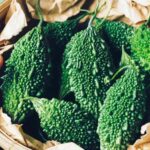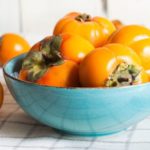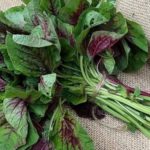Discover nature’s cooling foods for a more refreshing summer:
1. Bitter Melon
While most people shy away from bitter flavors, there’s a crucial mechanism behind this taste. The bitterness in bitter melon stimulates the vagus nerve to release signals that promote digestive fluid secretion upon entering the gastrointestinal tract.
This neuro-modulation directly activates the parasympathetic nervous system, slowing down heart rate and stabilizing blood pressure. In this state, you’ll find it easier to fall asleep, and your body temperature will remain lower.
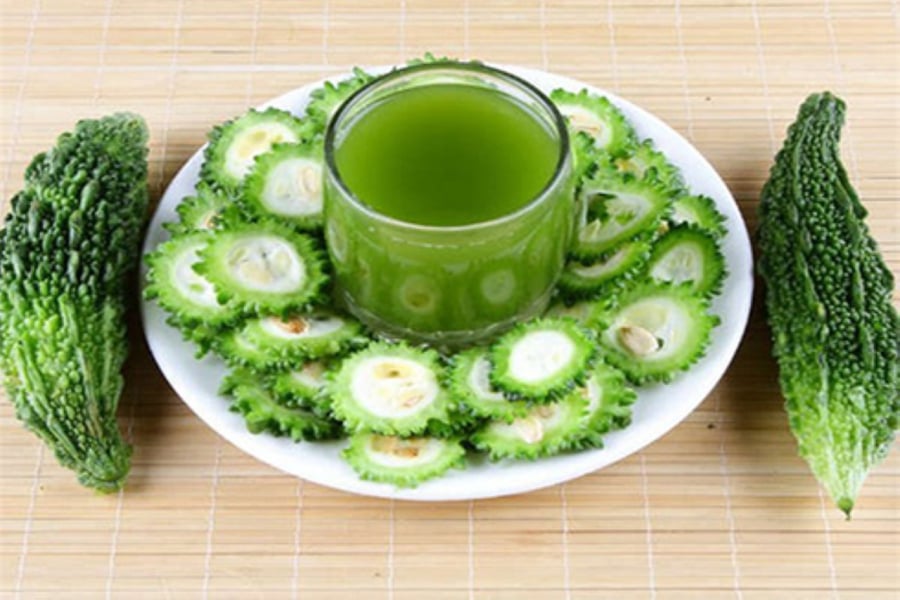
A controlled study by the University of California in 2018 revealed that a group on a plant-based diet with a higher bitterness index exhibited smaller heart rate variability before sleep, with an average reduction of 6.7 beats per minute. This directly indicates reduced sympathetic nervous system activity. In other words, those who consume bitter melon are more likely to achieve a “calm nervous system.”
When an individual is relaxed, their body temperature naturally decreases, and there’s no need to reach for the fan. Conversely, anxious individuals will feel hot regardless of the number of air conditioners they use.
The issue isn’t the temperature but our nervous system response. Bitter melon doesn’t provide a cooling sensation, but it prompts the brain to actively receive the signal to “calm down,” which is what we need most during hot summers.
2. Red Beans
Red beans are a well-known summer coolant, but their actual effect goes beyond that. They “increase sodium ion concentration in urine.” This alters the body’s osmotic pressure and promotes the excretion of excess heat through the kidneys. What’s excreted isn’t water but heat energy.
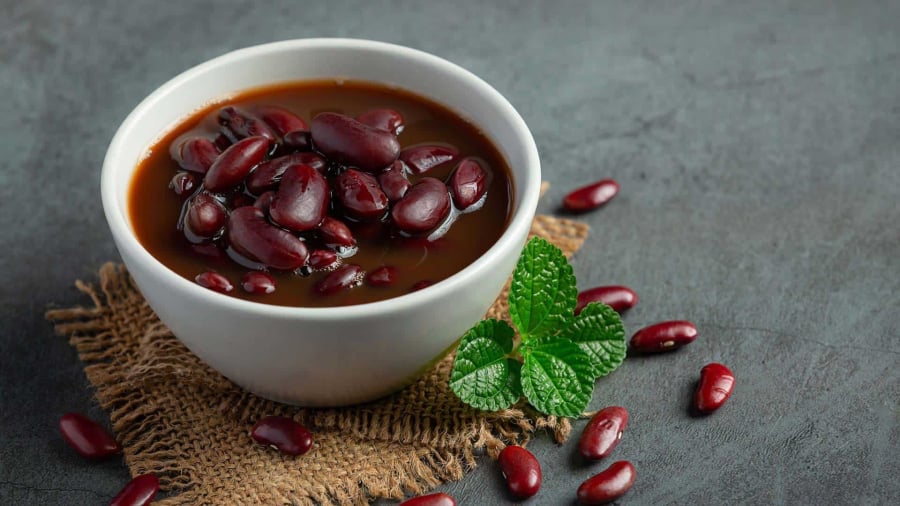
In 2021, Nanjing Medical University conducted a small-scale trial and found that under the same body temperature conditions, those who drank red bean water had a 17% increase in urinary sodium after six hours, while their surface body temperature decreased by 0.3 degrees Celsius.
This isn’t a drastic change, but it triggers the body’s “primary temperature regulation mechanism.” Instead of relying on external cold air for cooling, the body starts to self-regulate.
A chain reaction follows: appetite improves, sleep deepens, and you won’t experience that heavy-headed feeling upon waking up. It’s a slow process but an internal repair mechanism.
3. Grape Skins
We often peel grapes before eating them, but the cooling mechanism lies in the grape skins. They are rich in resveratrol, a compound renowned for its antioxidant and anti-aging properties. However, its role in “regulating circadian rhythms” is often overlooked.
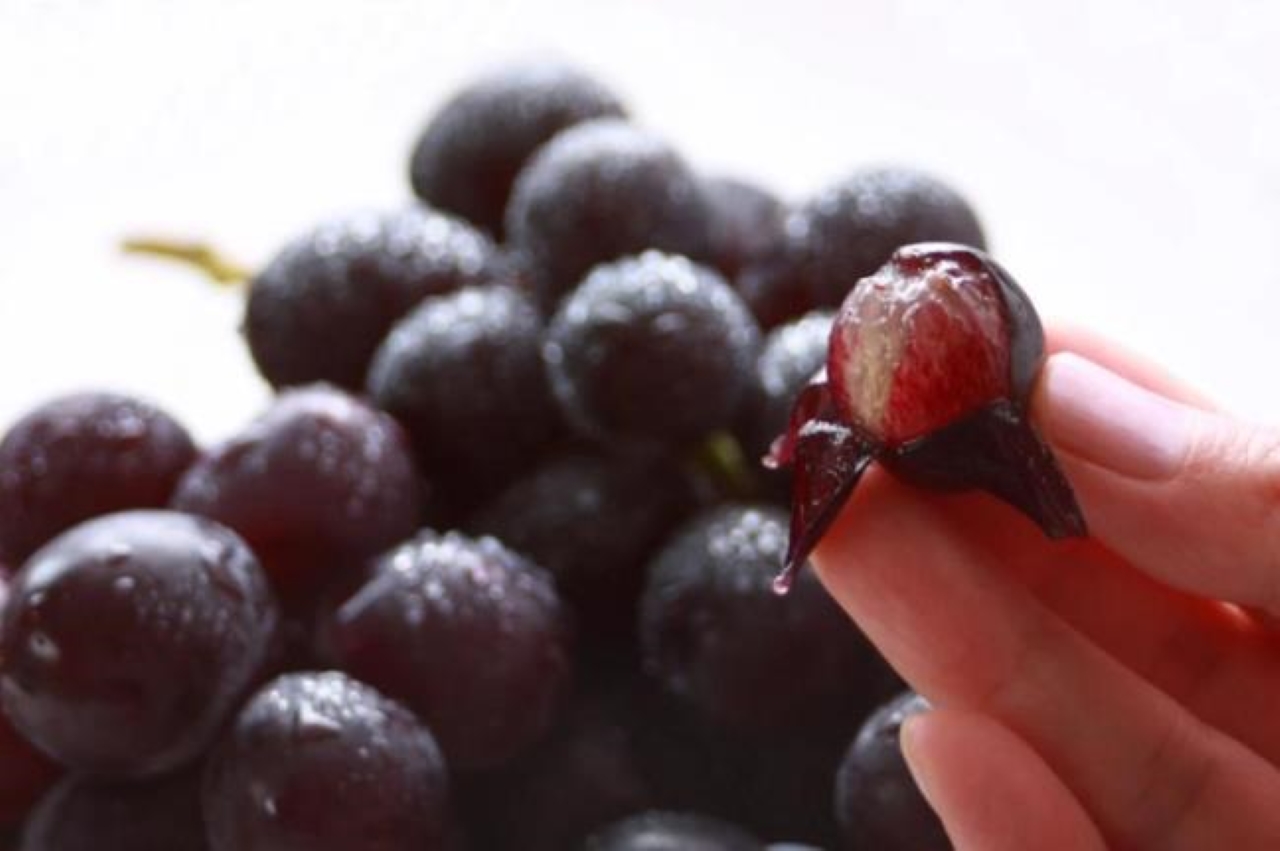
Research from Maastricht University in the Netherlands shows that resveratrol can influence the excitability of the suprachiasmatic nucleus by modulating the activity of the SIRT1 protein. This part of the nerve is the center of our body clock.
With this section stabilized, human sleep patterns automatically improve and deepen. According to research data, those who supplemented with resveratrol fell asleep, on average, 28 minutes earlier than the control group, and their morning blood pressure decreased by about 5%.
Grape skins don’t provide a cooling sensation, but they trick the brain into thinking it’s experiencing cold. Many mistakenly believe that cooling means chasing a chilly sensation, but this only makes them more susceptible to heat.
Of the three components, red beans “initiate cooling through urine,” bitter melon “activates calm from nerve signals,” and grape skins “guide pre-cooling from the body clock.”
























